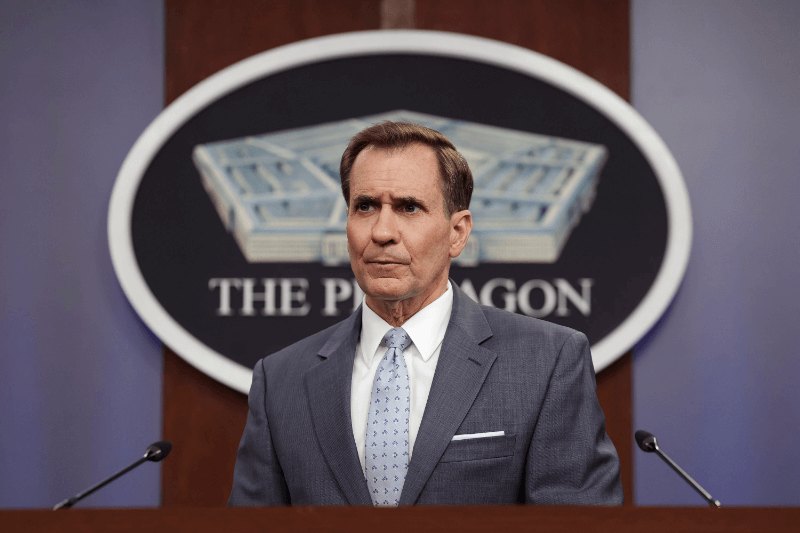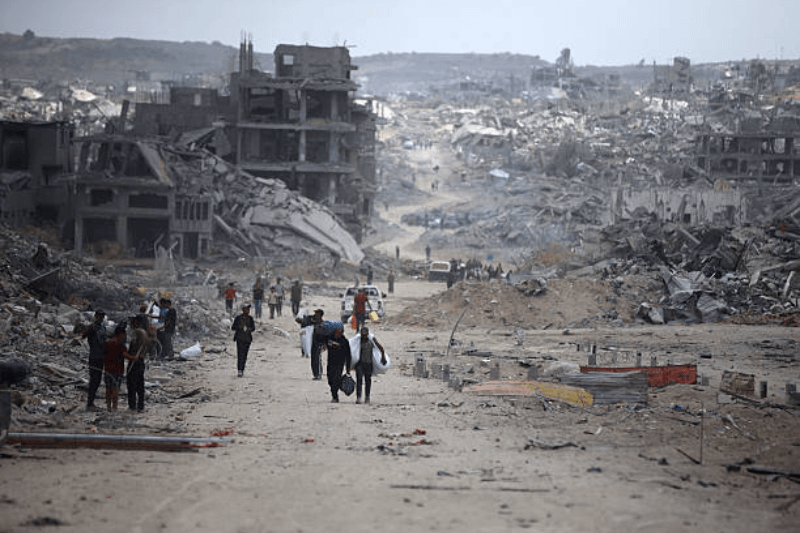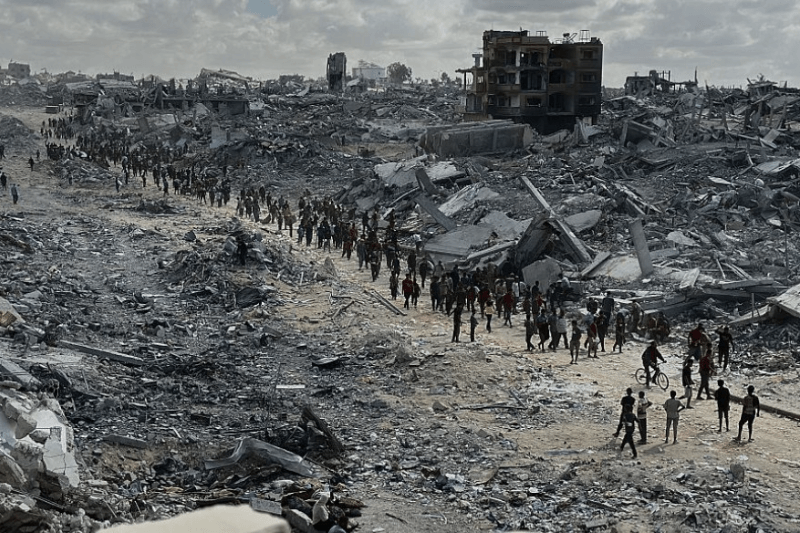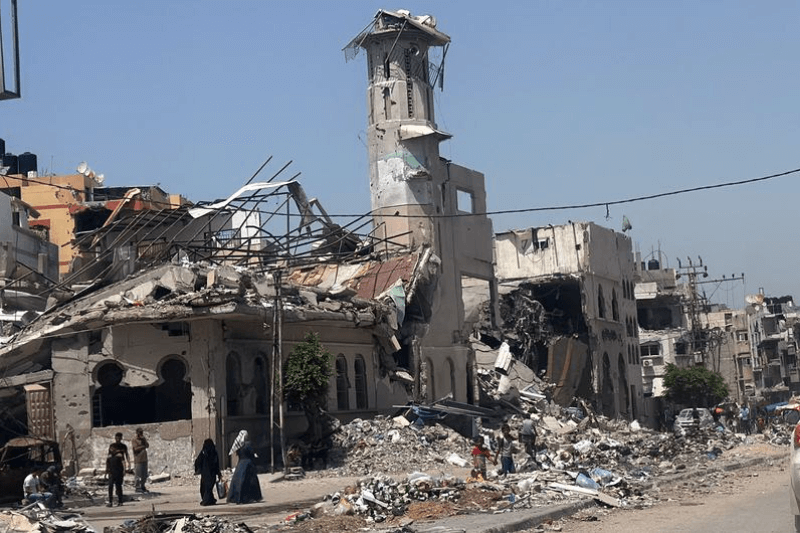
U.S. Prepares for Potential Iranian Retaliation Following Assassinations in Gaza
The United States and Israel are on high alert after tensions are rising in the Middle East. As per signals, Iran is preparing for a potential ‘significant’ attack that could occur as early as this week. This development comes at a critical time when renewed efforts to secure a ceasefire in Gaza are already under strain due to recent high-profile assassinations.
The push for peace talks has faced significant setbacks, with mediators urging Israel and Hamas to return to the negotiating table. However, these efforts have been jeopardized by the recent killings of key leaders from Hezbollah and Hamas, prompting Iran and its ally Hezbollah to vow retaliation. This situation has heightened the urgency for a diplomatic resolution.
Against a backdrop of global instability and intensifying geopolitical rivalries, the White House has issued a serious warning, citing the possibility of an imminent attack from Iran. In response, the U.S. has significantly increased its military presence in the region, showcasing a public display of force aimed at deterring Iran and de-escalating tensions, as reported by ABC News.
“We share the same concerns and expectations that our Israeli counterparts have with respect to potential timing here, which could be this week,” stated National Security Council spokesperson John Kirby on Monday. His remarks followed a conversation between President Joe Biden and the leaders of the UK, France, Germany, and Italy, as the U.S. works diligently to prevent further escalation in the Middle East.
Kirby emphasized the seriousness of the situation, stating, “We have to be prepared for what could be a significant set of attacks.” Concurrently, the U.S. has been coordinating with European allies concerning reports that Iran is planning to deliver hundreds of ballistic missiles to Russia.
The threat of Iranian retaliation could severely undermine advanced ceasefire talks. The recent assassinations of Fouad Shukr, a prominent Hezbollah commander in Beirut, and Ismail Haniyeh, a senior Hamas leader in Tehran, have already escalated tensions. While Israel has acknowledged its role in Shukr’s death, it has not confirmed involvement in Haniyeh’s assassination, despite Iran’s claims.
An Iranian attack on Israel could derail the fragile peace process that U.S. officials have been working toward, especially as the talks were reportedly nearing a breakthrough before the killings. The White House has made it clear that any military action by Iran could have serious repercussions for regional security.
In a joint statement, the White House called on Iran to cease its ongoing threats of a military attack against Israel, warning of the severe consequences such an action could have for the region.
Following Haniyeh’s death, Ayatollah Ali Khamenei vowed that it would not “go in vain,” with the Islamic Revolutionary Guard Corps pledging to seek “blood vengeance” for the killing. In anticipation of possible retaliation, the U.S. has been quietly bolstering its military forces in the region. This buildup includes the deployment of additional Air Force F-22s, Navy F/A-18s, and several destroyers, including the USS Lincoln.
There are indications that Iran might reconsider its plans to strike Israel if a ceasefire agreement is reached. However, Iran’s delegation at the UN has stated that their response to what they believe is Israel’s involvement in Haniyeh’s death is independent of the ceasefire negotiations in Gaza.




